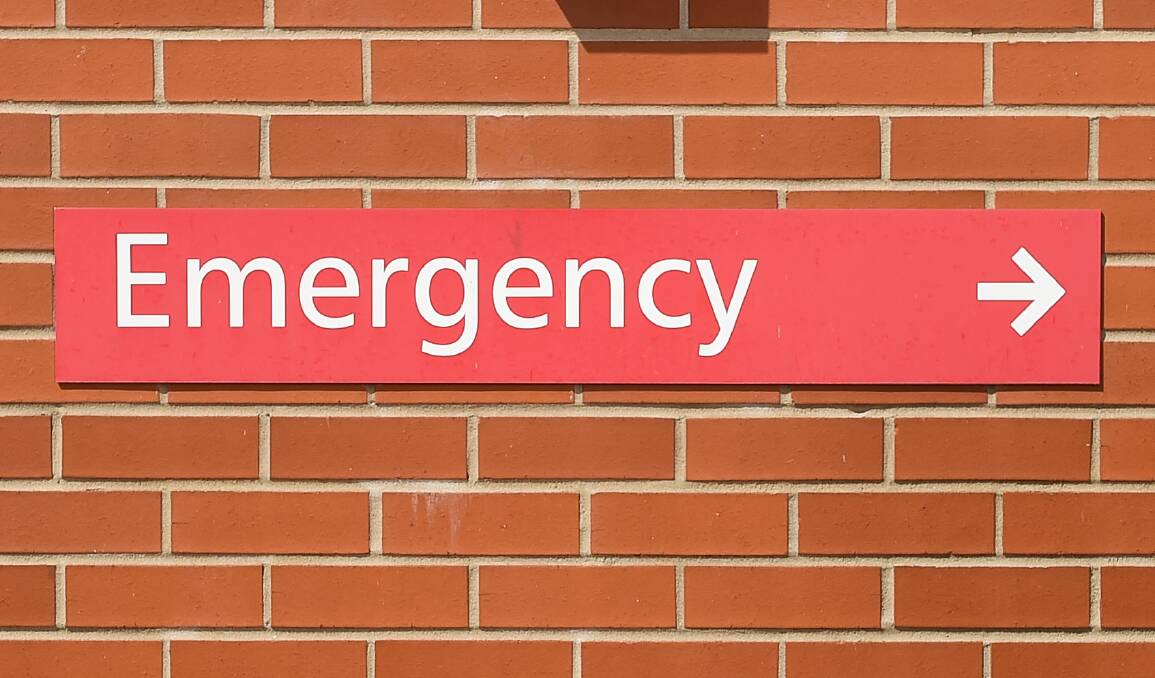
A "watershed moment" for the delivery of effective emergency care to Border residents means it's clear this has to be done.
Subscribe now for unlimited access.
or signup to continue reading
And it must be tackled with the highest of priorities. That doesn't mean rushing to fill a gap, for acting with haste won't protect anyone's life.
What's clear though with the latest considerations by Albury Wodonga Health of the "where to next?" question on delivering emergency care is how crucial the issue is to the Border's public health sector.
IN OTHER NEWS:
We have known for some time now that Albury Wodonga Health punches well above its weight compared with other major regional health services, especially in Victoria.
For a fraction of the recurrent and capital funding allocated by government, it manages to provide appropriate medical care across patient numbers bested only by Geelong, which is a quasi-metropolitan health service anyway.
Whatever happens regarding securing a better funding deal for the Border, Albury Wodonga Health clearly is committed to doing what needs to be done.
The service has decided that a single-site hospital for emergency care is at the top of the priority list.
As outlined in its clinical services plan, and something the wider community would well-understand, the continued separation of acute and sub-acute services between the Albury and Wodonga sites "creates significant risks to patient safety".
Senior service manager David Clancy, who heads-up emergency and critical care services, says this is that "watershed moment" of addressing the absolute need for significant expansion.
Indeed, the prediction is that emergency services will grow by at least 35 per cent over the next 20 years.
It is especially significant though that the commitment to working towards a single campus, whether that be on a new or existing site, is shared by both the service's clinicians and the hospital.
Yes, it's an "exhausting process", as David Clancy so describes, but one vital for our rapidly growing community, which will no doubt unite behind this push as it has done so many times before.
Our journalists work hard to provide local, up-to-date news to the community. This is how you can continue to access our trusted content:
- Bookmark
- Make sure you are signed up for our breaking and regular headlines newsletters
- Follow us on Twitter: @bordermail
- Follow us on Instagram @bordermail
- Follow us on Google News


